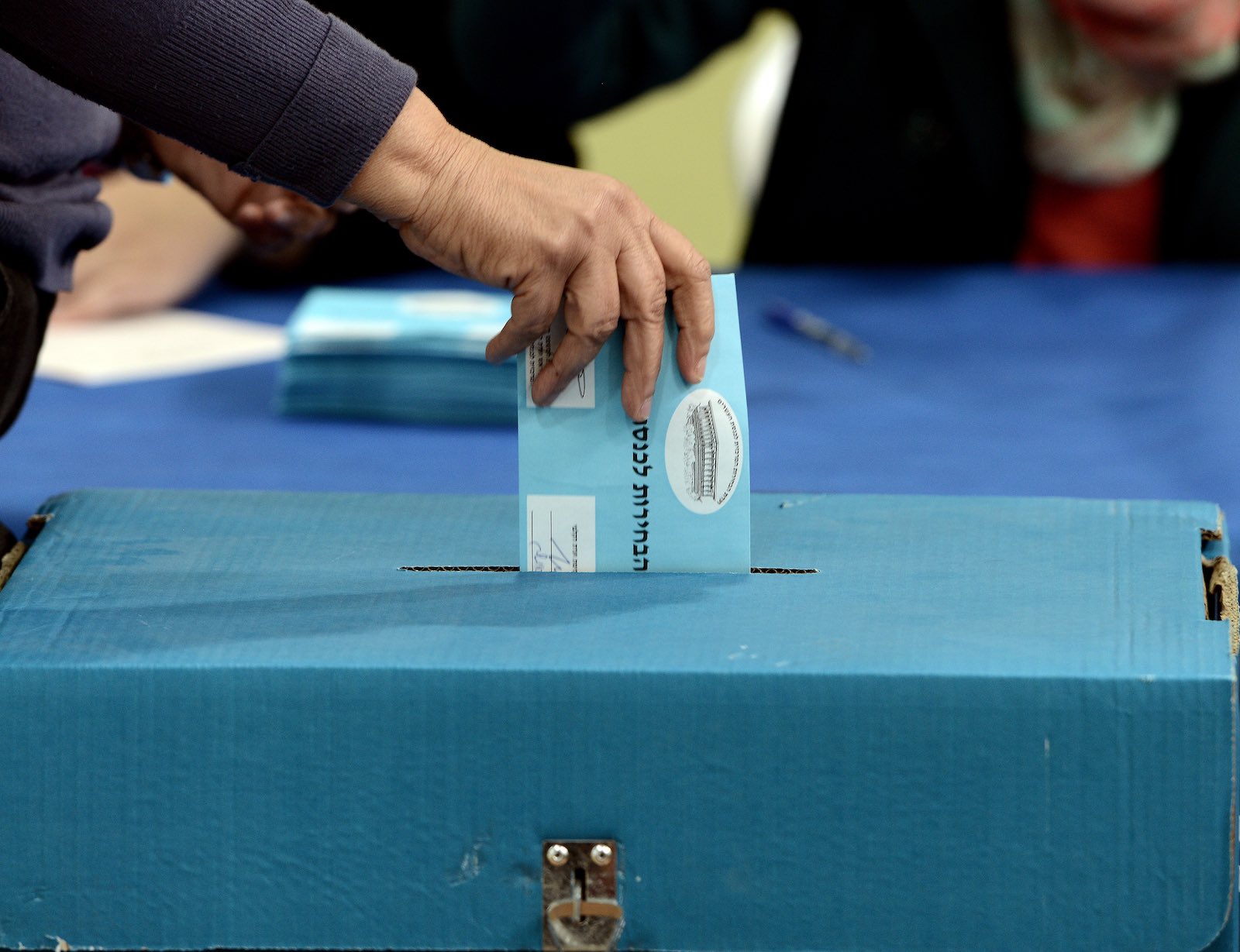Moderate centrism is out, while increasing nationalism seems
to attract votes, even pushing aside a cloud of corruption.
The likely outcome of the Israeli elections, held today, reflect the global geopolitical themes of increasing nationalism, and rejecting the moderate centre of politics. At the same time, however, they seem to be bucking the trend of “corruption anxiety” and distrust of the status quo.
If Prime Minister Benjamin Netanyahu is re-elected, it sends a strong signal that the Israeli people are prepared to overlook corruption allegations against him in order to maintain national strength and unity. If he is later found guilty, Israel will enter an unprecedented period of political uncertainty.
The election will be a tight race. The governing coalition led by Netanyahu currently control 61 out of a possible 120 seats. Netanyahu’s Likud party has forged an alliance with a far right ultranationalist faction in an effort to retain power.
His main opposition is the recently-formed Blue and White alliance, headed by retired army chief Benny Gantz and former news anchor and journalist Yair Lapid. Gantz is perhaps the only individual with the kind of strong security credentials that can rival Netanyahu, and he is positioning himself as an honest alternative.
Read the article by Merriden Varrall and Louis Raymond in The Interpreter.

